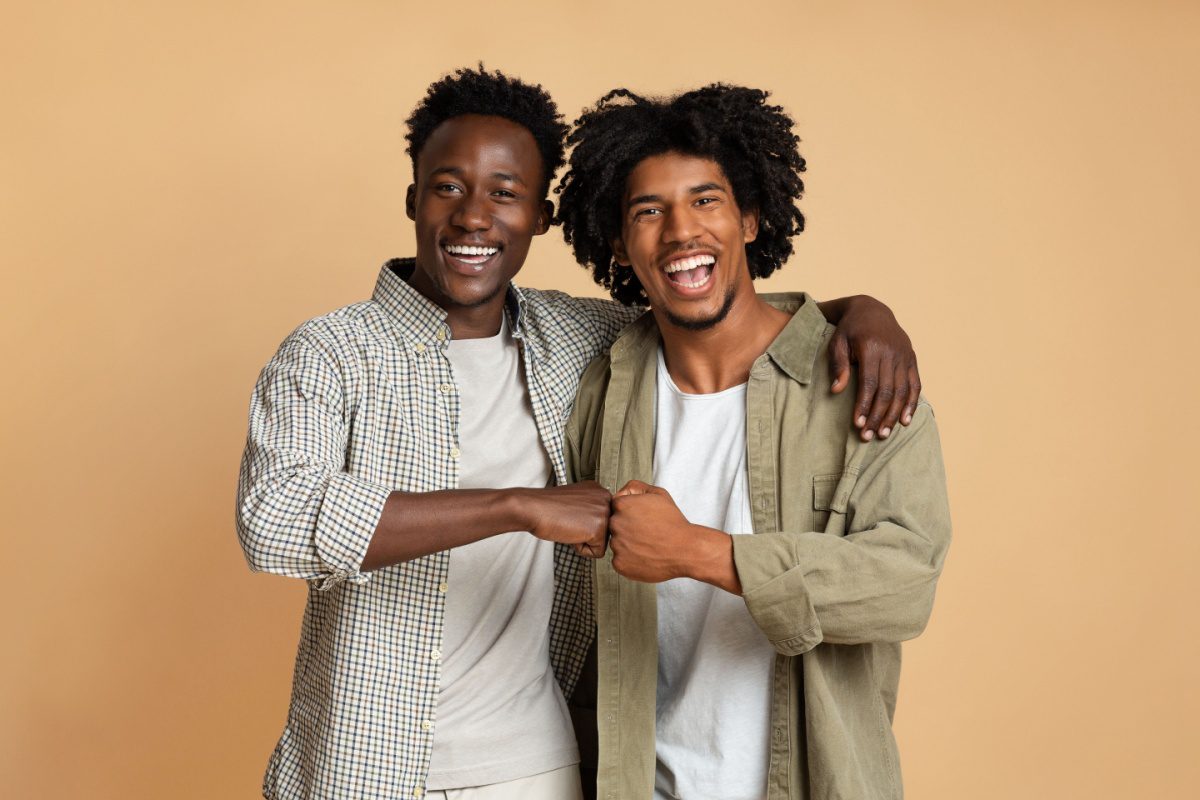Building new friendships can feel like a challenge at the best of times, but it can be especially complex during gambling recovery. You might be navigating a whirlwind of emotions like guilt, grief, fear, or irritation. You may be working with a health professional or attending Gamblers Anonymous meetings. Maybe you’re managing debt, trying to repair relationships, or simply trying to create new habits that don’t involve a casino, credit card, or the buzz of online gambling. With so much going on, forming genuine connections might feel like it’s on the back burner.
But here’s the thing: having a strong support system makes a real difference in recovery. Making friends in a healthy, patient, and intentional way can help you cope with stress, boredom, and loneliness. You’re not alone — and with time, effort, and understanding, you can connect with others who respect your journey and support your healing.
Be Honest About Where You Are in Your Journey
A friendship built on honesty creates trust. You don’t have to share every detail of your gambling history, but it’s helpful to set clear boundaries early on. For example, if a friend invites you to a night out involving sports betting or going to a casino, it’s okay to say no and briefly explain why. A supportive friend won’t push you into environments that could compromise your progress.
This is also where therapy and problem gambling support groups can help you practice expressing your needs. The more you reflect on your feelings, the easier it becomes to communicate them in everyday life. Recovery is a vulnerable time, and surrounding yourself with people who offer empathy instead of confusion or judgment makes it easier to stay on track.
Seek Out Supportive Communities
Finding a community that understands your goals is essential. You may be able to connect with others through group therapy, support groups like Gamblers Anonymous, or even educational workshops on financial management, meditation, or stress relief.
Online spaces can be helpful, too. Forums, video chats, and peer support groups create spaces for shared experiences. It’s not always easy to meet people face to face, but the internet offers a way to connect without pressure. Whether you’re reaching out by telephone or computer, what matters most is that you’re building relationships that support your mental health and recovery — not ones that threaten to derail it.
Pay Attention to Triggers and Boundaries
Friendships should add peace to your life, not stress. Pay attention to how you feel around certain people. Do they encourage habits that lead you to gamble? Do you feel pressure to spend cash you’re trying to save or talk about things that spike your adrenaline? That’s a sign it might not be a healthy connection right now.
People who respect your boundaries won’t question your decision to hand over control of your bank account to a trusted partner or to skip a night out where gambling will be involved. They’ll understand that managing impulsivity and rebuilding your reward system takes time.
Build Relationships Around Shared Interests
One of the most meaningful ways to make new friends during recovery is by participating in activities that support your new lifestyle. This might include joining an exercise class, attending a community education course, or taking part in a local organization’s volunteer events. These activities can naturally lead to conversations that don’t revolve around gambling, credit card bills, or financial strain.
Engaging in new hobbies also gives your brain a fresh focus. Whether it’s art, reading, sport, or breathing techniques for relaxation, doing things you enjoy helps reduce boredom and irritation. You’re building a life full of healthy coping strategies — and making friends along the way who share your values and support your healing.
Real Connection Supports Real Recovery
Friendship in recovery isn’t about putting on a perfect face — it’s about finding people who get it. People who make you feel calm, not triggered; heard, not judged; supported, not pushed. Whether you’re managing finances, dealing with emotional ups and downs, or simply trying to avoid risk and temptation, the right friendships can help make your path forward a little clearer.
If you or someone you love is navigating the challenges of gambling recovery, you don’t have to do it alone. Call 800-GAMBLER today, and our toll-free, confidential, 24/7 helpline will connect you to the resources you need. Your recovery is personal, but support is always within reach.



